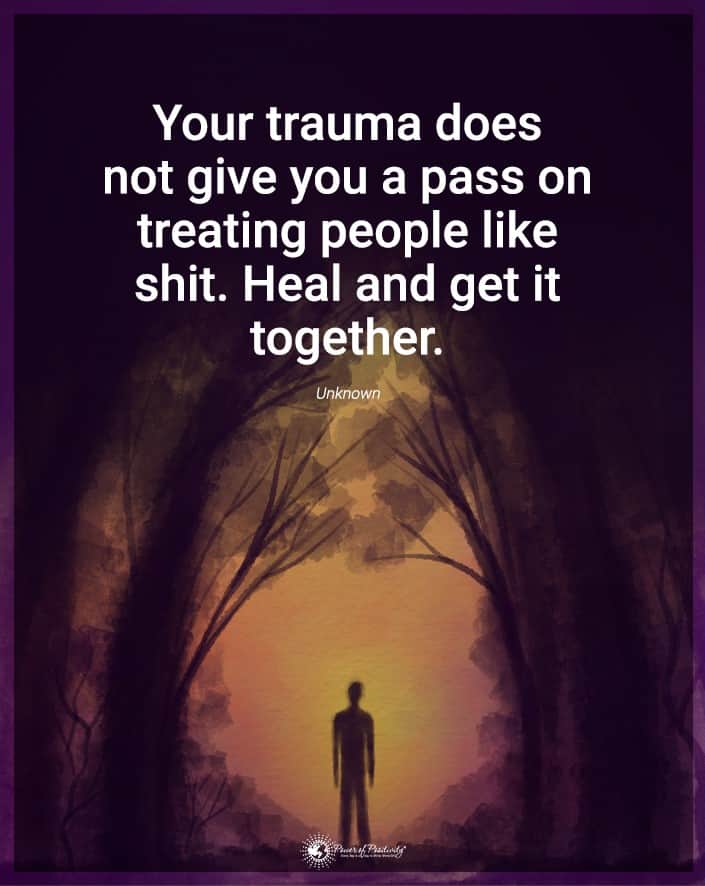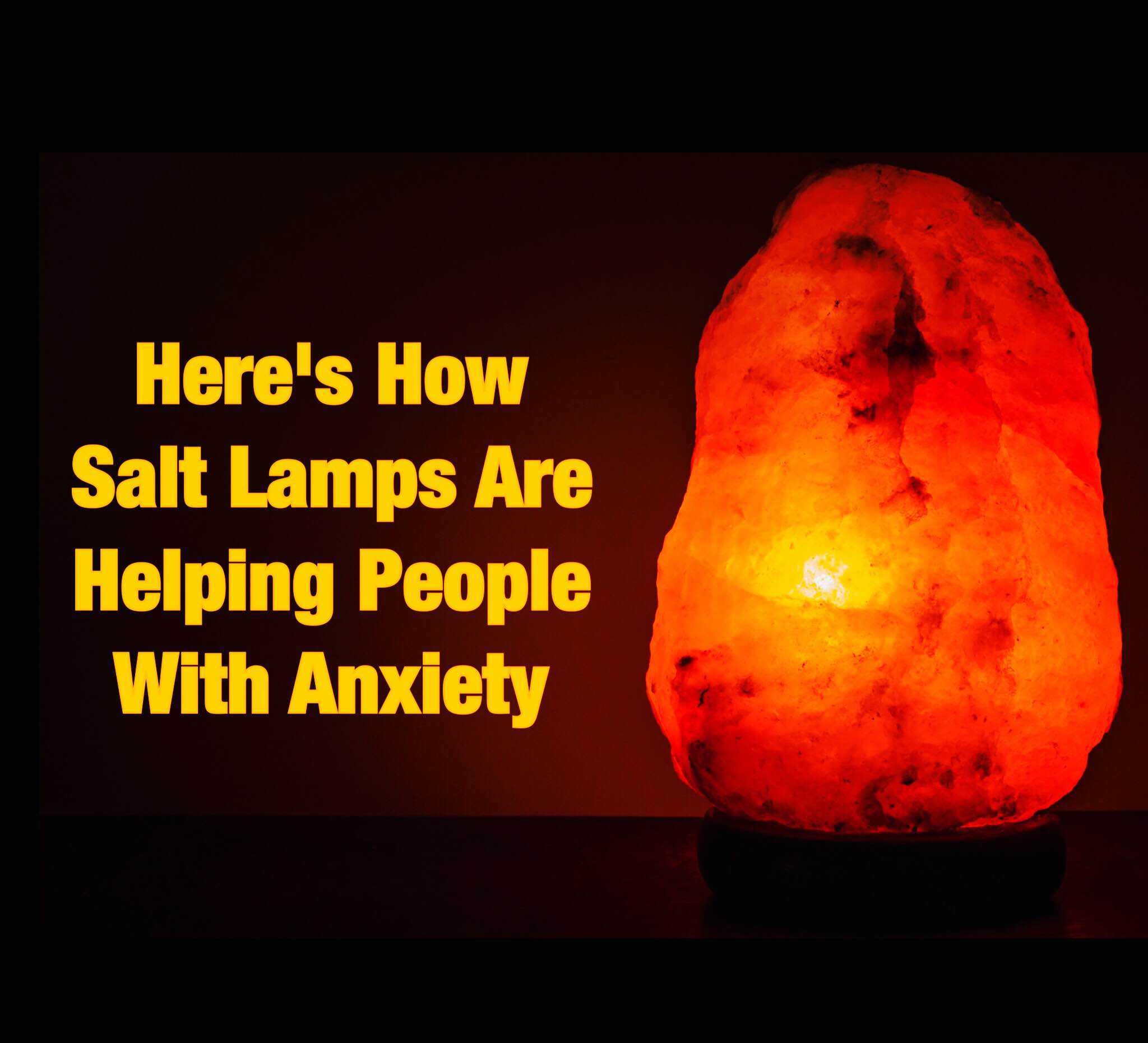When you care about someone, the last thing you want to do is hurt them or break their heart. However, some relationship behaviors can do that even if you don’t realize it’s happening. Knowing the behaviors can help you address issues within your relationship and help you both find happiness.
Experts believe that four relationship behaviors indicate divorce is inevitable. If you notice any of these behaviors in your relationship, you must do what you can to make a change. Relationship therapy can help, or you can find other ways to make a change.
Even when couples seem happy together, these relationship behaviors are red flags. If you want to stay with your partner, you must acknowledge if you’re guilty of these behaviors. You don’t want to break your partner’s heart, so making a change is incredibly necessary.
Four Relationship Behaviors That Can Break Your Partner’s Heart
Once you know the relationship behaviors that can break your partner’s heart, you can learn how to make a change. Getting the behaviors under control can help you return to an enjoyable and satisfying romance.
1. Too Much Criticism Is a Damaging Relationship Behaviors
While feedback is essential to fixing issues within your relationship, you don’t want to be overly critical. It’s okay to give reasonable criticism, but anytime you attack your partner’s character, it can break their heart. Avoid calling your partner sensitive, hysterical, dishonest, or anything else that insults which they are.
Additionally, don’t criticize their appearance or unique characteristics. Another massive issue regarding being overly critical is that it can lead to name-calling, including calling them dumb, lazy, or anything else.
Being overly critical is an abusive form of power play. It not only breaks your partner’s heart, but it also chips away at your partner’s sense of self-worth.
Research shows that every critical thought you give requires five instances of positive feedback to make up for it. However, when the criticism undermines your partner’s self-worth, praise won’t make up for what you said.
2. Expressing Contempt
While it’s okay to get angry sometimes, contempt goes too far. It is anger that dismisses your partner’s needs and desires. This behavior hurts them and can destroy your relationship.
One example of contempt is rolling your eyes because it conveys to your partner that they aren’t worth listening to. Additionally, mocking their emotions and refusing to comfort them are other signs. Undermining your partner, bullying them, or publicly humiliating them are other examples of this situation.
When contempt becomes a regular part of your relationship, it continually breaks your partner’s heart. It also might result in your partner showing the same behavior in return.
3. Defensive Behavior
While becoming defensive sometimes is normal, it’s not okay to do it constantly. You should be able to accept criticism from your partner when warranted. If you immediately begin defending yourself or telling your partner they’re wrong, you’re clearly exhibiting overly defensive behavior.
Relationships require communication and compromise. When your partner voices a concern, they want to feel like you hear them and understand where they’re coming from. If you can’t ever see things from their point of view, they’ll become emotionally hurt and might stop communicating.
Once the communication breaks down in your relationship, it becomes impossible to fix problems. Remember that when your partner voices concerns, they aren’t doing it to make you angry. Instead, they’re trying to remedy issues within the relationship.
Defensiveness implies that you don’t think the problem is real, although it hurts your partner. If you exhibit this behavior every time your partner speaks up, they’ll think you don’t care about their needs. It hurts them because they count on you to help keep the relationship healthy and happy.
Signs of contempt
If you’re unsure of what defensive behavior looks like, it occurs when you:
- Constantly remind your partner of the good things you do when they voice a concern in another area
- Don’t apologize when your partner is upset about your behavior
- Say your relationship problems are your partner’s fault
- Consistently tell your partner that they are wrong about the situation
- Don’t listen to your partner’s concerns
- Refuse to see how your behavior affects your partner
3. Defensive Behavior
While becoming defensive sometimes is normal, it’s not okay to do it constantly. You should be able to accept criticism from your partner when warranted. If you immediately begin defending yourself or telling your partner they’re wrong, you’re clearly exhibiting overly defensive behavior.
Relationships require communication and compromise. When your partner voices a concern, they want to feel like you hear them and understand where they’re coming from. If you can’t ever see things from their point of view, they’ll become emotionally hurt and might stop communicating.
Once the communication breaks down in your relationship, it becomes impossible to fix problems. Remember that when your partner voices concerns, they aren’t doing it to make you angry. Instead, they’re trying to remedy issues within the relationship.
Defensiveness implies that you don’t think the problem is real, although it’s real to your partner. If you exhibit this behavior every time your partner speaks up, they’ll think you don’t care about their needs. It hurts them because they count on you to help keep the relationship healthy and happy.
If you’re unsure of what defensive behavior looks like, it occurs when you:
- Constantly remind your partner of the good things you do when they voice a concern in another area
- Don’t apologize when your partner is upset about your behavior
- Say your relationship problems are your partner’s fault
- Consistently tell your partner that they are wrong about the situation
4. Stonewalling Your Partner
Stonewalling is more common than you might realize because it involves things you might do daily. If you ever give your partner the silent treatment, it’s a form of stonewalling. Other examples are walking out during an argument or refusing to talk about things.
Essentially, this behavior occurs anytime you refuse to engage meaningfully. If the behavior only lasts a few minutes, it’s likely okay, but anything longer than ten minutes is a problem. Walking away to cool down for a few minutes is beneficial, but it can hurt your partner if you let it continue.
People stonewall because they don’t have the skills to resolve conflict positively. They hope the issue will dissipate without talking about it, so they leave. However, this doesn’t fix anything and leads to deeper problems within your relationship.
This negative behavior breaks your partner’s heart because it implies you don’t care about resolving the issues. It also shows that you don’t care when your partner is distressed or upset.
Overall, stonewalling implies that the relationship isn’t essential to you. It makes your partner feel disregarded or abandoned, destroying the connection you share.
Six Signs Your Relationship Behaviors Hurt Your Partner and How to Fix Them
If you exhibit these negative relationship behaviors, you likely want to know the signs that your partner is hurting. You can remedy the issue and make a positive change to repair the damage.
When You Exhibit Negative Relationship Behaviors, They Spend Less Time with You
If you break your partner’s heart, they might start avoiding you. While you’ll still see them sometimes, they’ll start spending less time with you. Each time you hurt your partner, it’ll cause them to distance themselves more.
If this is the case in your relationship, spend time discussing the problem. Give your partner a chance to communicate without doing the negative relationship behaviors mentioned before.
They’re Quieter Than Usual
If your partner has been hurt by you many times, they might become quieter than usual. They know that saying anything could set you off, and they might start to feel like it’s best to keep their thoughts to themselves. If your partner used to be talkative and cheerful, but you notice a change, think about your behavior.
Think back and consider what could have caused the change in your partner. If you realize you’ve portrayed negative relationship behaviors, ask your partner to discuss it with you. Commit to making a change, but give them their space if they don’t want to talk yet.
They No Longer Laugh When You Tell a Joke
When your partner stops laughing at your jokes, it’s a sure sign that something is wrong. It shows that they’re experiencing emotional pain, and since they don’t laugh with you, it’s likely because of you. If this happens in your relationship, you must figure out where it went wrong and discuss the situation.
They Give Cold Responses When You Engage in Harmful Relationship Behaviors
Receiving short responses from your partner indicates you’ve broken their heart. They’ll send one-word text messages or won’t respond at all. They might give yes and no answers or respond by nodding when you’re together.
If your partner is giving cold responses, you can be direct and ask them if something is wrong. Avoid defensiveness and other negative relationship behaviors when they explain what’s on their mind. Once you know the issue, you can discuss it and apologize if necessary.
They Don’t Tell You How They Feel Anymore
When you break your partner’s heart, they’ll stop telling you how they feel. They’ll likely clam up because you’ve made them feel insecure about their feelings.
If your partner stops telling you how they feel, do something to show them that you care. Let them know that you think their feelings matter and want them to be open.
They Are More Emotional Than Normal
Destructive relationship behaviors can make your partner bottle their feelings up instead of expressing themselves. When they keep their emotions in, it builds until they can’t take it anymore. Then, the slightest situation can make them break down and become more emotional than usual.
If you notice that they’ve been more emotional, you can work on making a change. Acknowledge how your partner feels and why, and give them a safe space to open up.
Final Thoughts on Four Relationship Behaviors That Can Break Your Partner’s Heart
When you get comfortable in a relationship, it’s easy to become lax in your behaviors. You might exhibit some of these relationship behaviors without even realizing it. If you notice any signs of heartbreak in your partner, reflect on how you’ve been acting. While your behavior might not always be the cause, it’s worth thinking about so that you can make things right.



















